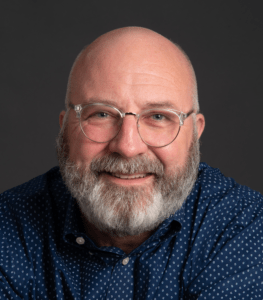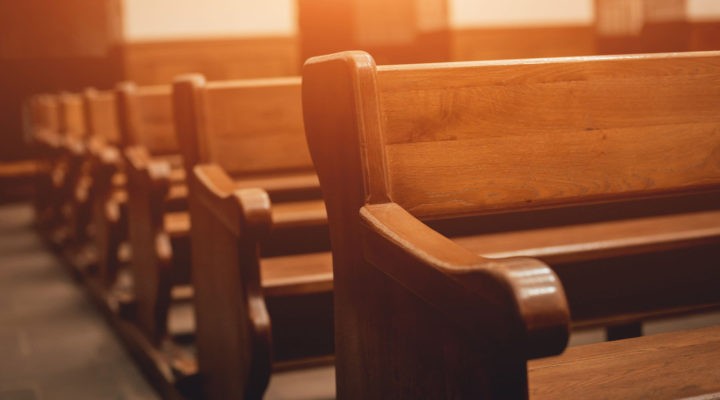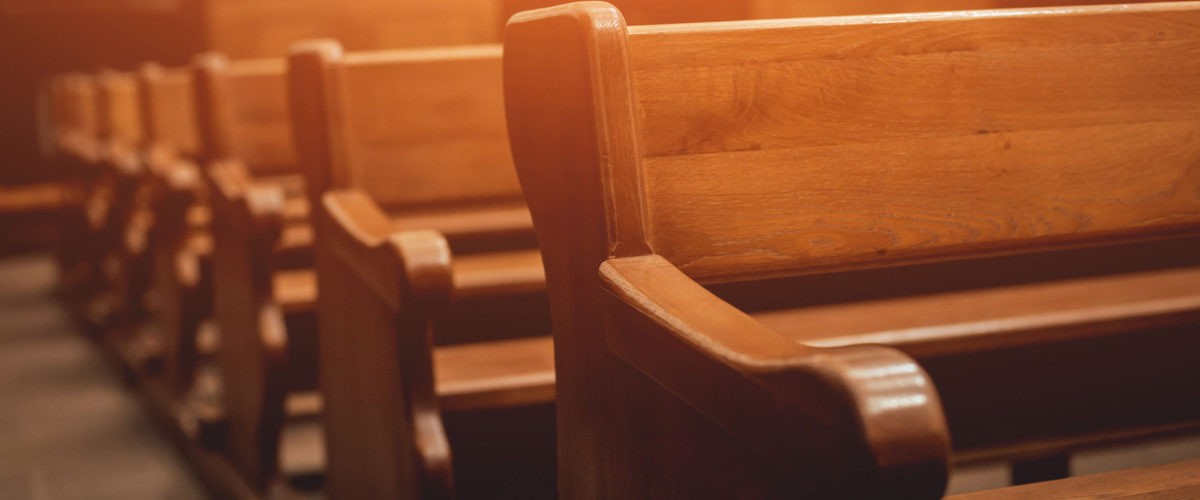The losses we’ve experienced due to coronavirus are both horribly easy to count — 465,000 dead in the United States alone — and yet invisibly painful. Especially for communities of faith, the relational losses often go unreported. Yet in conversation with pastor after pastor, in conversations with lay leaders and from my own experience, a dangerous trend is emerging.
Relationships are withering, and burnout is seeping from clergy to lay leadership. For a year now, everything has been harder to do, and all of us get insufficient feedback to encourage us to keep going.

Mark Wingfield
Today I spoke with a pastor friend from a small church start. He’s done everything right during the pandemic, and the new church actually has added members during 11 months of online-only worship services. By the numbers, the church is thriving.
Yet one of his key lay leaders has experienced personal challenges recently unrelated to church but time-consuming nonetheless — on top of having to create new ways to do the work of the church. This key layperson recently had to step down from a leadership role because there was nothing left to give right now. The leader was burning out and needed to tend to family first.
That conversation between pastor and lay leader happened via FaceTime. It’s the only way they could talk in their county where double-digit numbers of people are still dying every day from COVID.
“I wanted to reach out and hug her and tell it was going to be OK, but I couldn’t,” the pastor lamented. “What else could I do?”
I get it. As the longtime teacher of an intergenerational adult Bible study class, I’ve been on the brink of quitting several times during the pandemic. It’s hard in ways that can’t be quantified and that can’t be helped.
“I feel like a complete failure most of the time.”
And I feel like a complete failure most of the time. If it weren’t for some outstanding lay leaders in the class, we would be nothing more than a group of people who meet online once a week, and I would be nothing more than an Internet teacher to faceless people. Yes, there are some advantages to gaining new members who live far away, and yes, it’s nice to teach my class on Sunday mornings wearing slippers and comfy pajama bottoms no one can see on camera.
What I miss most of all is the sense of relationship.
Here’s the thing we all took for granted before COVID: Incidental interactions at church. What I’m talking about is those passing conversations we had in the hallways, in the Sanctuary before or after worship, in the classroom while gathering, in the parking lot, at committee meetings. We’re missing the meals before meetings, the social events, the hellos when dropping off or picking up children from their classrooms, the waves across the room and the simple warmth of seeing and being seen.
“Here’s the thing we all took for granted before COVID: Incidental interactions at church.”
The loss of these things, simple as they are, harms our sense of relationship. We are less connected, less in touch, less aware, less empathetic, less in community. COVID has made church gatherings all about the business at hand and no longer about the relationships that underpin everything else.
My pastor friend explained that back in the good old days of 2019 and before, he had opportunity to make deposits in the emotional bank accounts of church leaders and friends — just as they did with him too. Those weekly passing interactions accumulated deposits of goodwill and common purpose that could be drawn upon in a crisis. That’s what’s lost now, he lamented. The accounts are drained, and there’s little opportunity to make new deposits.
I get that too. When I think about friends and acquaintances I used to keep up with regularly just because I saw them every week or even twice a week, I suddenly realize what has been lost. I’ve lost track of them, lost track of their lives.
It’s not that I no longer care. It’s that we have no ordinary means of casual communication unless one of us takes the initiative to text or call — which is the equivalent of what often happens when someone moves away to another city or state and you swear you’ll stay in touch but you inevitably don’t. Because out of sight, out of mind.
Maybe when this is all over, we’ll return to our usual patterns around the church coffee bar or in the hallways and in social gatherings. Maybe it will be like when good friends reunite after one of them moved away for a while and then came back home. I hope so.
It will be good to be home again with everyone around the table.
Mark Wingfield serves as executive director and publisher of Baptist News Global.


